The beginner's guide to: MIDI controllers
What are they, and how do you choose one?
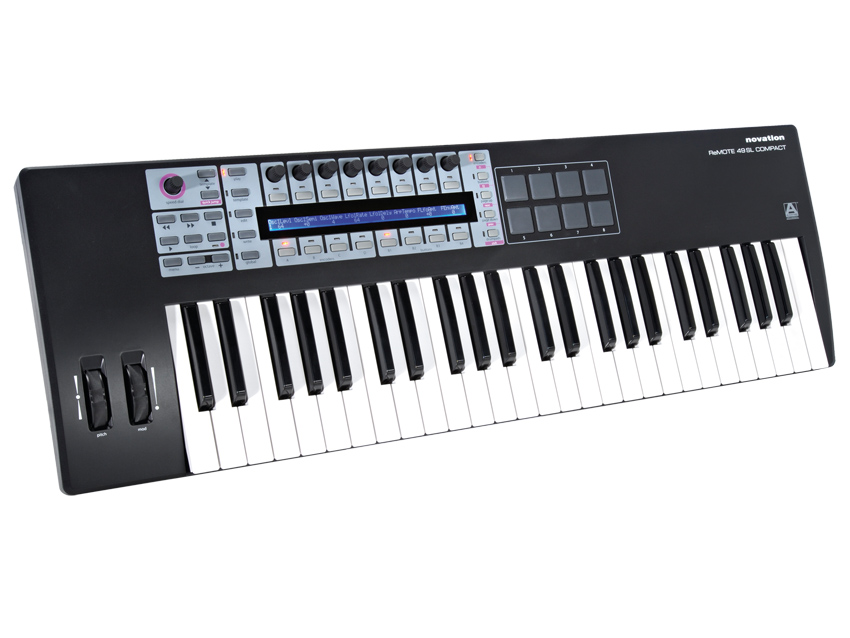
The combination of a QWERTY keyboard and mouse is great for most computing applications: it lets you type a letter, browse the internet and manage your music library at great speed.
However, although you'll use these standard input devices when you're piloting your music software, your creative experience will become all the richer if you splash out and buy a MIDI keyboard - and possibly another sort of controller - to work alongside them.
Before we explain how these devices work and why you should be interested in them, let's deal with that scary-looking acronym: MIDI. This stands for Musical Instrument Digital Interface, and is an industry-standard protocol that's been around for some 25 years.
In the early days, MIDI was used to connect up all sorts of external hardware boxes (synths, sequencers, samplers and the like), but if you're a computer music newcomer, all you really need to know is that it enables you to send input information directly from your controller to your computer.
And these days, you don't even need to buy any special hardware in order to connect a MIDI device - the vast majority of controllers on the market can be hooked up to your Mac or PC using a USB connection.
Get a keyboard first
MusicRadar's got your back
Even if you can't play the piano to save your life, we recommend that the first sort of MIDI controller you look at should be a keyboard. Why? Because once you've got one, your computer setup instantly becomes about a hundred times more musical.
Software instruments are great, but if you only have your QWERTY keyboard and mouse, you'll have to either 'click' notes in manually or try and play them on the same keys that you use to write your emails (not fun).
"Once you've got a MIDI keyboard, your computer setup instantly becomes about a hundred times more musical."
If you've got a MIDI keyboard, though, things instantly start to get a lot more enjoyable. Even two-note basslines sound better when they've been played properly - most MIDI keyboards are velocity sensitive, so you can play different notes louder and quieter - and you can also use your keyboard to program drum beats and trigger sample loops in real time.
MIDI keyboards come in different sizes (from 25 to 88 notes) and with different feature sets. Basic models just have the keys, but others add sliders, which are great for mixing, and knobs that you can use to tweak the virtual controls that are displayed in your music software.
Drum pads and buttons to control the features of your recording software are sometimes included, too - you might be surprised to discover how much can be packed into even the smallest of keyboards.
That said, you may decide at a later stage that you need a second MIDI controller that you can run alongside your keyboard. Full-size mixing surfaces, instrument and effect controllers, and performance-friendly drum pads are all on offer, as are devices that feature all the controls you'll need to DJ.
Technically, a MIDI controller is an optional accessory - it's perfectly possible to make music without one - but in our opinion, it's as essential as your software.
Recommended models
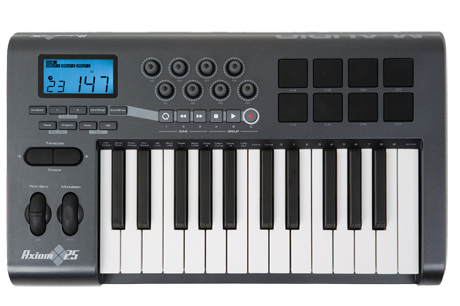
Available in 25-, 49- and 61-note configurations, this is a well-constructed keyboard that's bursting with features. All three models offer controller knobs and drum pads, while the larger ones have an additional bank of sliders.
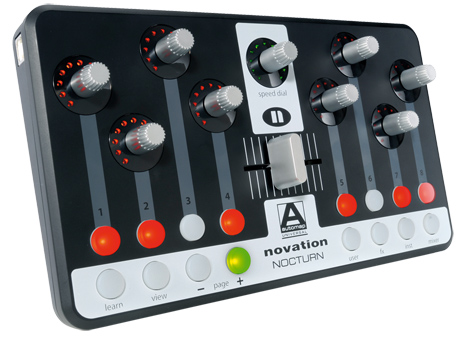
A fantastic piece of gear that's designed for anyone who wants to take hands-on control of their virtual instruments and effects. Thanks to some very clever technology, it sets itself up automatically. If you've already got a MIDI keyboard, look at this next
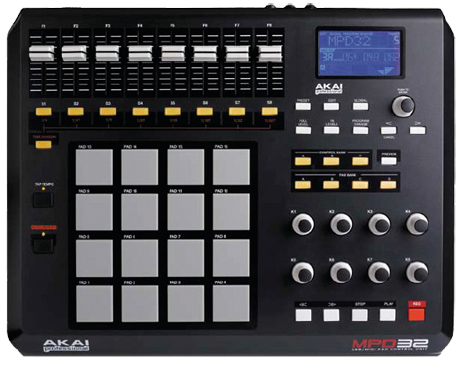
Based on Akai's legendary range of MPC grooveboxes, this is a great tool for anyone who wants to create beats and take closer control of their favourite software. It's great for live performances, too.
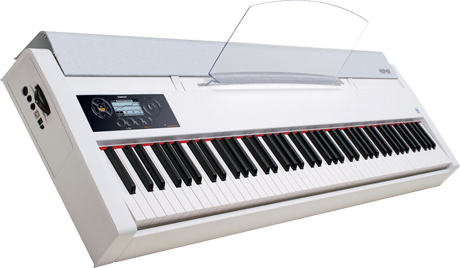
An 88-note keyboard that gives you a piano-like playing experience, with looks to die for. It doesn't have many extra control features, but if you want a genuine performance instrument, it's worth the outlay.
For more advice, check out The Computer Music Special Beginner's Guide (volume 32) which is on sale now.
Want all the hottest music and gear news, reviews, deals, features and more, direct to your inbox? Sign up here.